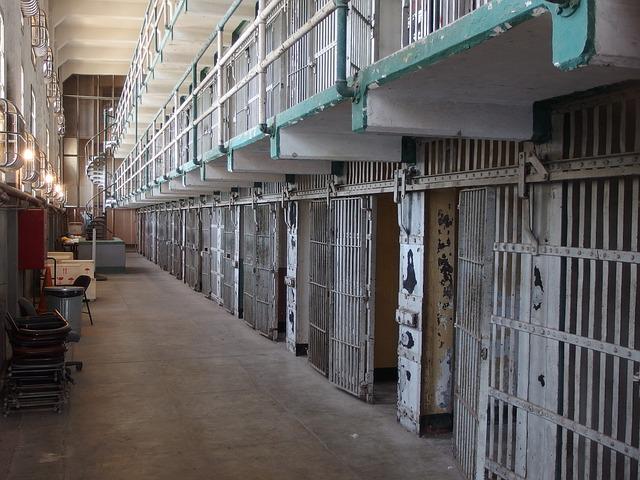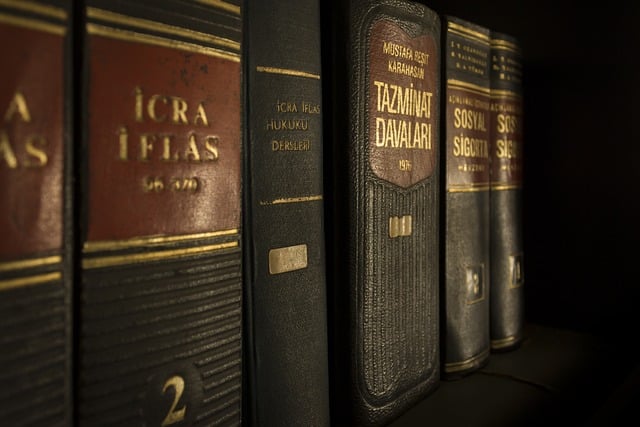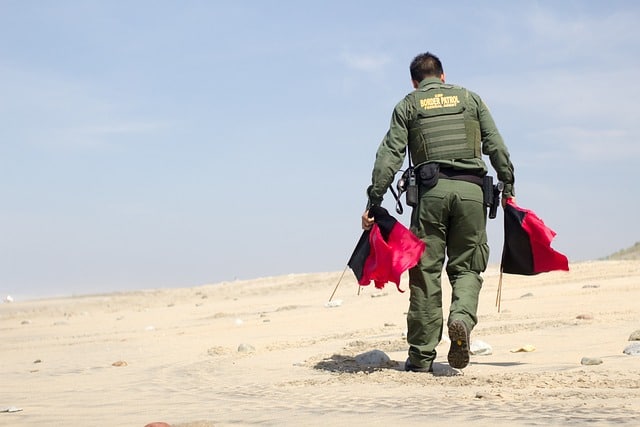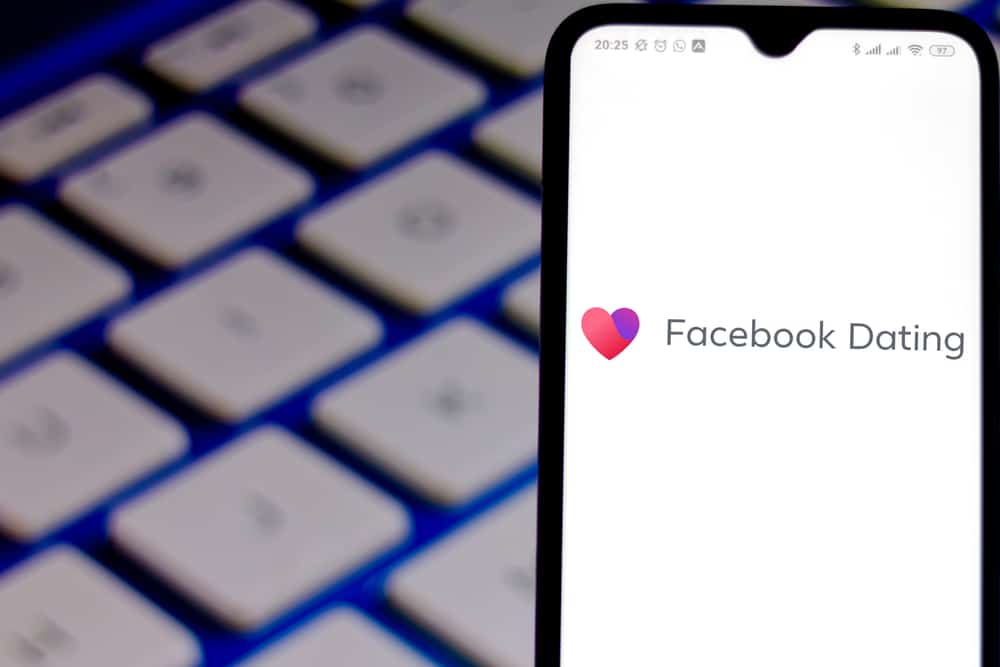How to Find Mugshots Online (Fast & Free)
Michelle Wilson - June 15, 2022

Anyone facing potential issues with the law will typically find themselves in legal hot water. For many struggling with these problems, getting arrested will start the legal process of criminal proceedings. An unfortunate part of this criminal proceeding is the inevitable mug shot to identify anyone within the criminal system facing legal consequences. A mug shot often helps police identify distinguishing features between people of the same name, preventing mix-ups or mistaken identity. If you need to find mug shots online, you’ll want to search through every state within your country. Here’s the easiest way to find mugshots online without spending extensive time and financial resources.
Table of Contents
Were Mug Shots Considered to be Public Records?
The answer to this question isn’t always as straightforward as it seems. Generally, mug shots are considered public records, available to anyone searching for the details. There are specific situations when an arrest record isn’t available, preventing access to the mug shot. Most of the cases will include expunged, sealed, or juvenile records. When these records directly connect with an individual, the records won’t be available publicly.
At this time, the United States considers mugshots as a public record, except for Louisiana. During the booking process, police start recording all details of the suspected criminal, including the photograph. Most of these records are physical or digital files, meaning anyone with a digital record will likely find their image available on the internet.
How to Find a Mugshot Online
Anyone that’s ever been arrested will likely be able to recover the mugshot online, especially if you know where and how to look. If you’re trying to uncover more information, here’s how to find these records online.
Try Visiting the PrisonHandbook Website
The PrisonHandbook website allows individual mug shot image search for anyone interested in finding them online. This service is currently available in every state, whether you’re trying to locate previous arrest records, or you’d like to assess a current issue. To find your mugshot online, start by choosing the prison you’d like to review. The website will load a jail roster and a direct link to the institution’s website. Online users can find these links under the menu on PrisonHandbook, under the header “Links and Resources” at the bottom of the website page.
You can locate any mugshots available under an arrestee’s name by visiting the prison’s website. Although not every jail will offer online mugshots for search purposes, it’s a decent starting point for anyone starting their online search.
Check Out Local Police Department or Sheriff’s Websites
Many local law enforcement agencies will offer an online mugshot directory for individuals wanting to search for mugshots online. Visit the official website and look up the mugshots in question to get started. Start with a sheriff or law enforcement department search if you’re searching for specific photos. From there, Google the name of the department and the particular country name.
This method often requires the state information before continuing the search online. State information will include the location of the arrest, not the offender’s current address. For example, a criminal arrested in New York will require a comprehensive search in that state, even if they currently live in Florida.
Look Into Background Check Services
As most mugshots are available online through public records, searching for the images with a background check website can aid your search efforts. A background check company can scan through most online databases, recovering any public records attached to the user information provided. From there, the company will compile the details into a comprehensive report. If you’d like to use a background check website, you’ll need to know the state that had the arrest happened, plus the individual’s name. Visit the company website, locate the search function, and enter these details into the search functionality.
The company’s algorithm will automatically search any records within the details provided. When the investigation finalizes, you’ll have any further information about the individual. This report includes a detailed log of any criminal activity, social media profiles, credit information, and applicable mugshots.
Understanding the Criminal Background Check
A criminal background check will review any federal, national, state, or county criminal court databases to scan information relating to an individual’s criminal history. Different record checks will reveal various offenses, depending on the searched reporting state and court records. All criminal accounts will include felony and misdemeanor convictions and any pending criminal cases.
For example, searching through one state’s criminal database may report activity within that criminal court system but fail to produce other records. As such, it’s essential to search through all counties and states, depending on where the candidate lives. Alternatively, a nationwide search might reveal illegal activity simultaneously across multiple locations.
What Appears on a Criminal Background Check?
The information on a criminal background check will typically include any misdemeanor and felony convictions, including all incarcerations as an adult, pending criminal cases, felony convictions, and active or current warrants. Occasionally, infractions may appear if they occurred within the last seven years.
A few background checks will include any arrests that didn’t lead to a conviction, mainly if they’ve occurred within the last seven years. When trying to locate mugshot images or criminal information relating to employment screening, you’ll need to conform to the Equal Employment Opportunity Commission (EEOC) guidelines.
Will the Criminal History Include the Sex Offender Registry?
A criminal background check will include any records on the sex offender registry most of the time. This screening will consist of all states and highlight anyone currently registered as a sex offender within the report.
Outline of the Criminal Charge Process for All Criminal Convictions
Currently, there are multiple steps required within the criminal process to determine any criminal case and finalize a ruling within the United States. These regulations and rules will all follow the Federal Rules of Criminal Procedure, each governing the aspect of trials. Individual states will hold separate laws similar to federal guidelines but may vary.
As every case is unique, so too is the complexity and process for the case development. Some cases prove to be straightforward to resolve, while others will require multiple steps to determine the outcome within the system. Currently, several agencies employ criminal investigators, each responsible for collecting and providing information to the US attorneys. The individual agency may vary but often include Homeland Security Investigations, Federal Bureau of Investigation, Drug Enforcement Administration, and the United States Secret Service. These agencies can help prosecutors understand the specifics of a case, which may include a search warrant.
Understanding Search Warrants within Criminal Cases
The Constitution’s Fourth Amendment requires law enforcement agencies to have probable cause before actively searching someone’s house, car, personal property, or clothing. They must hold a search warrant before pursuing things further. Depending on specifics within the case, a first step may include the arrest process, especially when police have probable cause to arrest someone specific. A neutral judge must issue the search warrant, with any arrests requiring probable cause. A judge often issues an arrest warrant after an arrest.
What is Direct Evidence?
Whenever a prosecutor evaluates a case, he uses all information and statements available to determine whether the government should present a case to the Federal Grand Jury. Direct evidence qualifies anything directly relating to the crime or anyone having witnessed a crime. The testimony relating to something that occurred before or after a crime is circumstantial, not direct evidence.
What is Circumstantial Evidence?
Anything obtained indirectly or not based on first-hand knowledge or experience qualifies as circumstantial evidence. This may include someone’s thoughts or impressions of an event, even if they didn’t witness it. For example, someone went to sleep in the evening, and there was no snow on the ground. In the morning, they woke up and realized there was snow. Despite not seeing the weather directly, you could infer it snowed throughout the night.
Breaking Down the Charging of an Offense
After the prosecutor studies the details from investigators, they will evaluate the case. One major decision is to understand the likelihood of presenting the case to a grand jury. Should an individual be indicted, they receive formal notice. The notice informs the candidate it believes they have committed an illegal act or crime. Any indictment papers will contain basic information telling someone of the charges against them.
Should there be any potential felony charges, prosecutors present any evidence to impartial groups of people named a grand jury. The prosecutor calls all witnesses to testify their evidence to the grand jury. The jury will evaluate both sides and determine whether enough conviction exists to charge the individual in question. A grand jury is a constitutional requirement for certain crimes, as an unbiased group who doesn’t know the defendant can make their decision based solely on evidence.
Who is The Grand Jury?
A grand jury is a group of 16-23 citizens that act as the deciding factor in some criminal cases. These proceedings are attended by specific people, as witnesses testify before them. Unfortunately, anyone testifying as a witness is prohibited from having an attorney present. At least twelve jurors must concur before indictment issues. States aren’t required to charge anyone using a grand jury. Although many enforce a jury, the Supreme Court interprets the Constitution to mandate all federal governments to use the grand jury for all felony crimes.
Establishing the Role of Jury Selection
The prosecutor and the defense attorney of the case must select the jurors for a case at trial. The jurors are required to listen to the facts of a case, determining whether a defendant has ultimately committed the alleged crime. Twelve jurors are randomly chosen from the pool of potential candidates, commonly called the venire. The list of potential jurors is compiled from all voter registration records, identified by their physical location within the Federal district. The prosecutor and defense attorney aren’t allowed to discriminate against anyone, allowing both genders equal opportunity to hold a seat. A jury should always represent all types of cultures, people, and races. It’s essential to recognize that both sides can always excuse potential jurors without offering a reason. To do this, either side must use the limited number of “peremptory challenges.”
What Occurs When Someone is Charged?
Whenever law enforcement charges someone with a criminal offense, a public offender is available free or at a minimal cost. After the defendant is arrested, they may choose to hire someone independently or opt for the representation of a government attorney. This lawyer within the case is called the defense attorney. This individual is responsible for assisting the defendant in understanding the facts of the case and the law overall.
Breaking Down the Booking Process
When a defendant is arrested and taken to jail, the booking process occurs shortly after they arrive. The booking records provide information about individuals brought into the prison, establishing an official arrest record. Once the booking process finalizes, arrested suspects can post bail. Unfortunately, no one can be released on bail until the entire booking process concludes. Even those receiving citations instead of jail must navigate through the process within a few days of the arrest.
How Long Does the Booking Process Take?
A booking process may take several hours to complete at the slowest speed within the precinct. The duration depends on several factors, including how many procedures are conducted, the number of police officers available, and the number of arrestees.
The Standard Steps in the Booking Process
Record the Suspect’s Complete Name and Suspected Crime
While this information was previously documented by hand, virtually all records are currently computerized and electronic.
Take a Mug Shot
The mug shot holds a few potential purposes within the criminal process. Initially, a mug shot could help law enforcement determine which of two potential applicants with the same name was arrested. Similarly, a mugshot can establish the individual’s physical condition at arrest. The physical condition at arrest can highlight discrepancies with unlawful force allegations or whether the suspect was in an altercation before arrest.
Taking the Suspect’s Personal Clothing and Property
While a few booking officers will occasionally allow suspects to keep small personal items (for instance, a wristwatch), most officers will apprehend all personal belongings at the time of booking. If these items were evidence of a crime or considered contraband, these items are kept indefinitely. Any items taken must return to the suspects when they are released.
Take Fingerprints of the Suspect
Fingerprints are standard within the booking process, entering all details into a database maintained by the FBI. Fingerprints can help law enforcement agencies compare records with prints uncovered at a crime scene. These records are available to most local, federal, and state police agencies.
Checking for Warrants
The booking officer will always check whether an arrestee holds any other pending charges, regardless of the infraction. Anyone with pending warrants will not release on bail.
Health Screening
Most jail officials require a protective blood test and X-ray evaluation for contagious and infectious diseases as part of their booking process. This health evaluation is to protect all officials and inmates from contracting illness or ailments while in the facility.
DNA Samples
Suspects may be required to submit DNA samples in certain situations. This information enters into a national DNA database for tracing.
What is the Venue?
A venue is a specific location where a trial is held. Federal cases are tried within the United States District Court. Currently, 94 district territories exist. As many states have more than one district court, the venue depends on where you live within the state.
Understanding the Arraignment/Initial Hearing
Anyone arrested for a criminal charge is brought before a magistrate judge for an initial hearing on the case. This judge educates the suspect on the charges against him and any rights they have. Simultaneously, arrangements are made for these suspects to have an attorney. A judge will always decide whether a defendant will release on bail or if the defendant will stay within custody.
The judge must hold a hearing to learn about the defendant, including how long they’ve lived in the area, previous criminal records, threatened witnesses, and any nearby family. The judge will also consider any potential threat the suspect holds to the local community at the time of the hearing. The judge will also ask the defendant whether they plead guilty or not guilty to the charges. While many cases will allow a defendant to release from prison before trial, it’s essential to evaluate all conditions. Should the defendant not be able to post bail (pay the monetary amount), a judge may order the defendant to remain in custody.
Looking Into Plea Bargaining
Should the government have a strong case against a defendant, they may offer a plea deal to avoid trial. This approach may reduce the likelihood of lengthy prison sentences, working in favor everyone involved. A defendant may only plead guilty if they actually committed the crime and admit doing so in an open court. When a defendant admits to the crime, they agree and commit to being found guilty. The judge is ultimately the only one able to recommend an enhanced plea deal, sentence, or other arrangements.
Trial
After a lengthy discovery process, often taking weeks or months of preparation, the prosecutor is ready for trial. The structured approach holds facts of the case presented to the grand jury. The prosecutor uses witnesses and evidence to prove their case. The jury in these situations will determine whether the defendant is innocent or guilty, using the facts presented.
Why Would Someone Need to Perform an Online Mugshot Search?
There are countless reasons for performing a mugshot search online. These may include genuine curiosity or following up on individuals you used to know. The reasons for looking up these images might consist of the following reasons:
Look for Inconsistencies in Your Records
Regardless of all documents, records, and mugshots being public, there may be instances of errors. If you’re performing a search of your information, you’ll be able to confirm these details for accuracy and relevancy. This tactic is beneficial for anyone with records sealed or expunged (making them private and no longer publicly available). Should you run a check, look for any history attached to these records. Users can always find the records and formally request the reporting agency removes them from your file.
Look Into People in Your Life
Finding mugshots online is exceptionally helpful when uncovering information about the people who are actively involved in your life. People frequently offer false information about themselves, making it imperative to confirm details before the meeting when it comes to the online dating world. Online dating can pose risks to both men and women, masking themselves as someone completely different than their authentic selves. To make sure you’re not going to become a victim of catfishing, always perform a mugshot search before meeting in person. Background checks can offer essential details about your potential partner, including any violent or sex crimes they have on record.
Additionally, a search for mugshots can also help you gain insight into the people you associate with. This search effort is critical for anyone with small children if they’re left unsupervised. Frequent search efforts include neighbors, family members, friends, or other community members.
Conclusion
A mug shot offers a small snapshot of someone’s history while offering valuable insight into previous criminal activities. While the double-shot photo is famous in movies, television shows, and wanted posters, many people associate the image of a mug shot with automatic guilt. Mug shots are not a confirmation of guilt but a small portion of the criminal justice system. If you’re trying to find a mug shot online, consider using the previous methods to start your search. Most photos are considered public records, making them available to the public if you know where to search. Start by looking at all records online and remain diligent about searching the state records where someone lived during the criminal activity.












